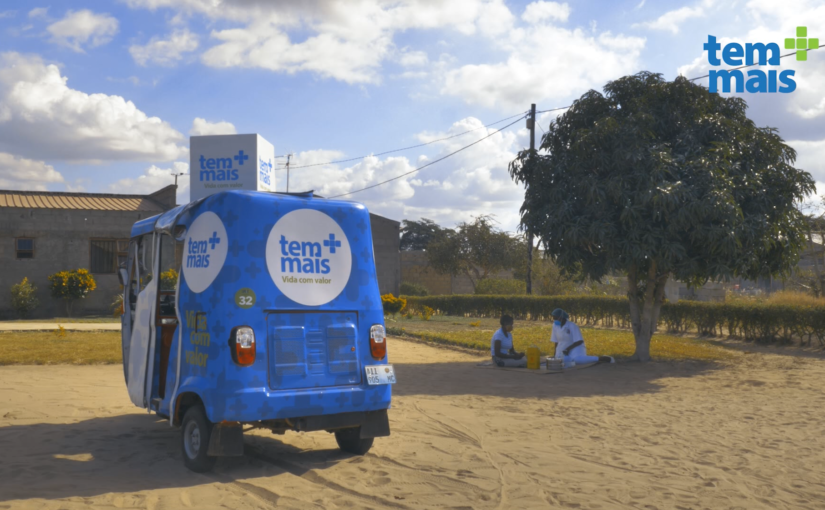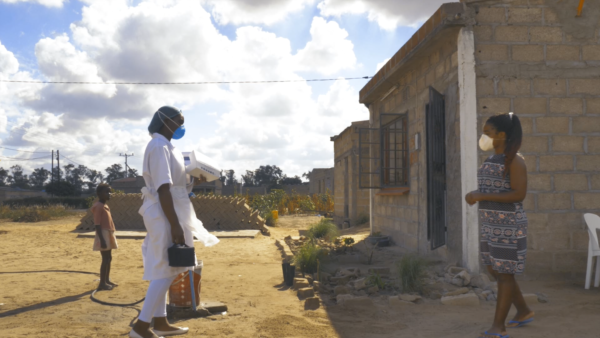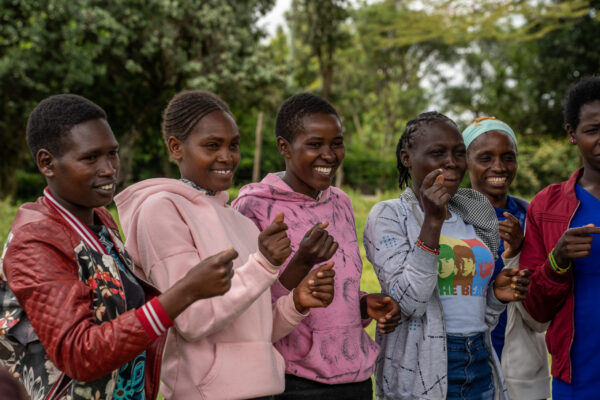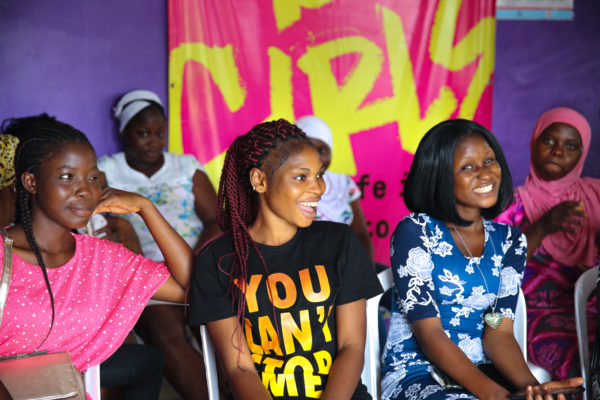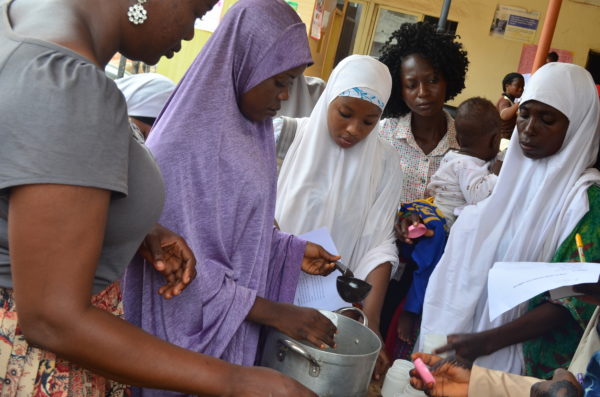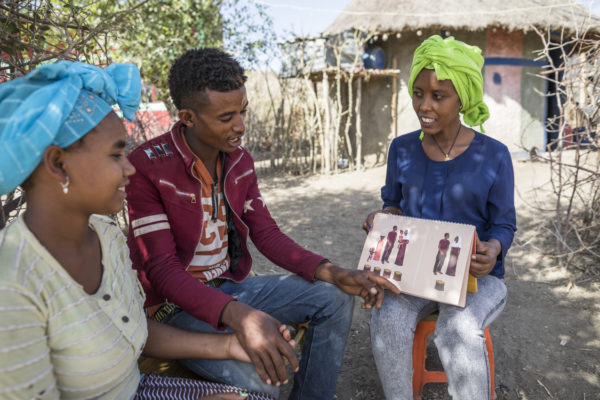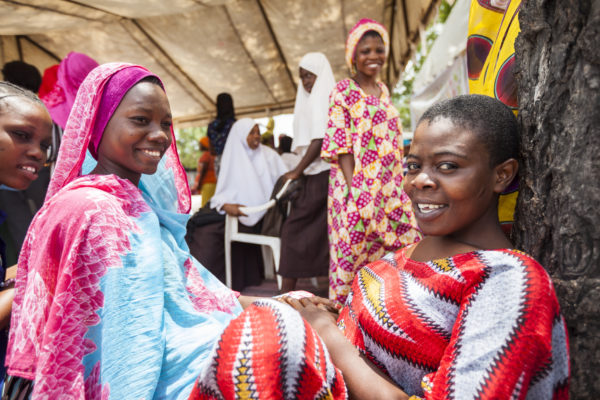This piece is a part of A360’s replication series on the UK Aid-funded Vale-a-Pena project. With and for young people, Vale-a-Pena is proving the power in applying A360’s youth-powered approach to determine what it takes to enact effective, resonant and ultimately lasting adolescent and youth sexual and reproductive health (AYSRH) behavior change in Mozambique – and beyond.
By Micaela Rodrigues, Marketing Director, PSI Mozambique
“A new reality is here. And likely is here to stay – at least some parts of it.
I must stay home. I must avoid places with gatherings of people.
I must keep distance from people. I must wash my hands all the time. Wear a mask.
We all need to do that; we want to keep safe and healthy.
But from these preventive measures several matters arise: We can’t stay home as we must provide to our families… I need to buy food, use the public transport (called “my love,” because we literally need to hug each other in there…).
And also, I should go to the health facility for my contraceptive methods… Going to a health facility sounds dangerous, is where all sick people go, we might get COVID-19.
What should I do?”
As we enter month six since COVID-19 has changed life as we know, “What should we do?” has emerged as the question we all – from the consumers we serve to the staff and government representatives we work alongside – continue to ask.
Together, we, PSI Mozambique alongside our partners, are adapting to this wild new space and gearing up to pivot as quickly as the pandemic itself evolves. Our goal is clear: ensuring our consumers continue to have the tools and resources they need to make, and own, their health and life decisions.
In Mozambique, that means getting creative in bringing the clinic to our consumers’ front doors.
Service Delivery, at a (Social) Distance
We’ve taken our services from in-clinic to door-to-door service, or “Txopela Tem+.” A team of promoters lead on demand generation and nurses visit some of the hardest-to-reach neighborhoods in Mozambique in a branded txopela (local taxis) to provide women and girls of reproductive age with sexual and reproductive health (SRH) services.
The Community Health Promoters – always carrying a mask and disinfectant – carry out follow up consultations and first visits, through individual sessions that allow women and girls to learn more and choose to take up a contraceptive method within the comfort of their own homes.
“I am very happy about the door-to-door txopela for SRH services as I was in need since I recently gave birth and at the hospital was told to only return in 2 months. It also would have been risky to walk to the clinic with a baby for a family planning consultation, so this door-to-door method worked very well for me.” – Stela, age 20, consumer
3 Lessons Learned
1. A public health emergency hit. What should we do?
We’ve learned: it is possible to respond with urgency and innovation. And in the face of COVID, we needed a safer solution that delivered services without encouraging people to turn up to the clinic. By using txopelas, we had access to readily available and cheap transportation to bring services directly to people’s homes.
The nurse and the promoter talk to consumers considering all the needed measures to be safe and provide a safe service. This way we bring access to Sara to modern contraceptive methods, allowing them to continue or start a new contraceptive method. In the last two months and a half, the teams have engaged 1557 women (about 20 per day) in counseling sessions, with most voluntarily choosing a long-acting method.
2. Often, simple solutions can make a difference. What should we do?
Txopelas are already a commonly seen motorcycle that carries at least three passengers and is often used by promoters and nurses as a safe and cheap form of transportation. Veering from the more common approach –a bulkier modeled vehicle that would have been more expensive and limited our accessibility – allows us to reach all areas, remote contexts included.
3. Sometimes, looks speak louder than words. What should we do?
We branded the txopelas with our “Tem+” brand – a familiar and trusted brand among our consumers, and thereby a surefire entry point to gain community leaders’ support to enter and go deeper into the communities to reach more consumers, along the way.
“The door-to-door Txopela Tem+ initiative is a good one as it helps users to adhere to family planning methods and SRH counseling without having to wait in long queues with the risk of COVID-19 contamination.” – Albertina Matola, nurse
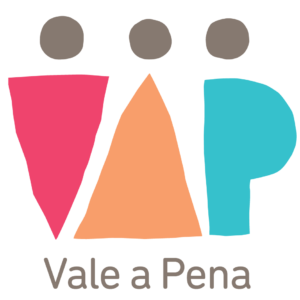
Learn more about how Mozambique’s Vale-a-Pena intervention is applying the A360 Blueprint for AYSRH Change to reimagine how young Mozambicans access modern contraception, today.

